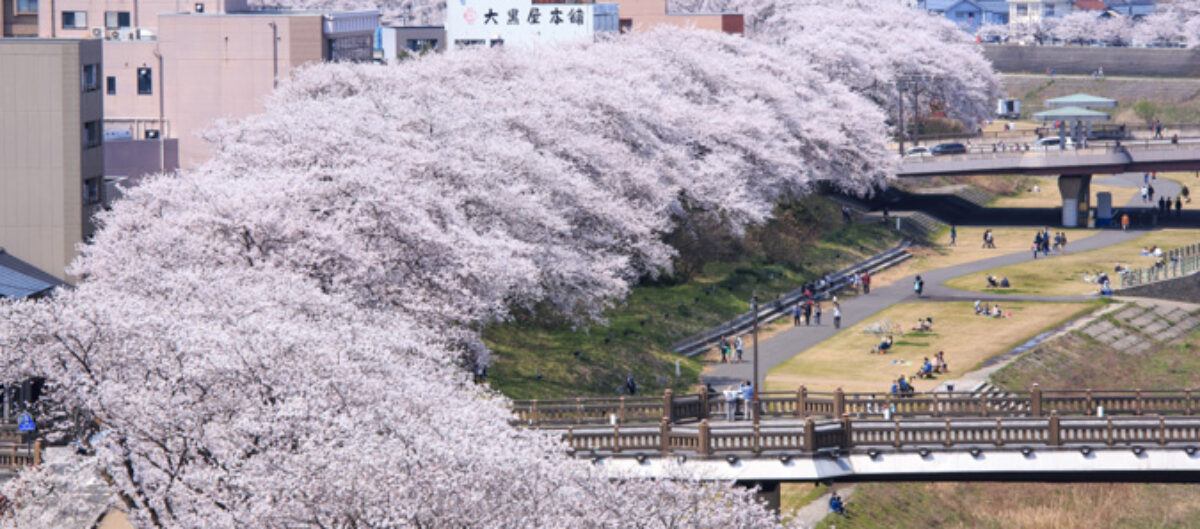




February/11/2019
Today I went to an international symposium about varves in Wakasa-cho, Fukui Prefecture.
I’ve written about varves before, so if you don’t know about them, please read my previous post(The Miracle Lake in Fukui Prefecture, Japan). About 270 people attended the symposium, and most of them were ordinary citizens.
First, Nishikawa Issei, the governor of Fukui Prefecture, gave the opening speech. He said, “During this symposium, develop an understanding of varves, and make the best use of them for research and tourism.”
Next, Yamane Kazuma, the honorary director of Varve Museum, explained how the varves of Lake Suigetsu create the global standard timescale. The atmosphere contains radiocarbon, and plants absorb it through photosynthesis. When plants die, they don’t absorb any further radiocarbon. The amount of radiocarbon halves over a specific period of time, so you can speculate when animals have died if you analyze the amounts of radiocarbon in fossilized leaves. The varves of Lake Suigetsu contain fossilized leaves, so we now understand the amounts of radiocarbon during specific years.
He said that the history of the world is being rewritten because of Suigetsu’s timescale.
Next, Christopher Bronk Ramsey, a professor at the University of Oxford, delivered a speech on the power of Lake Suigetsu varves. He said, “Using Lake Suigetsu varves, we can date the extinction of the Neanderthals and the advent of modern humans. This turned out to be 40,000 years ago.” Lastly he said, “How lucky we are in the time in which we live. For the last 12,000 years, humans have lived in an unusually stable climate.” I thought that the stable climate is taken for granted, but this is rare.
Achim Brauer, the head of Climate Dynamics and the Landscape Evolution Section at GFZ Potsdam, gave a speech. He talked about varves around the world and climate in the past. Finally he said, “Climate change can happen very fast, so we should take very good care.”
In the last section, Lake Suigetsu 2006 project members who have researched Lake Suigetsu varves came onto the stage. They talked about their research and their impressions of Wakasa-cho.
It was exciting for me to see the Lake Suigetsu project team. Thanks to their research, we know our history and environment better.
